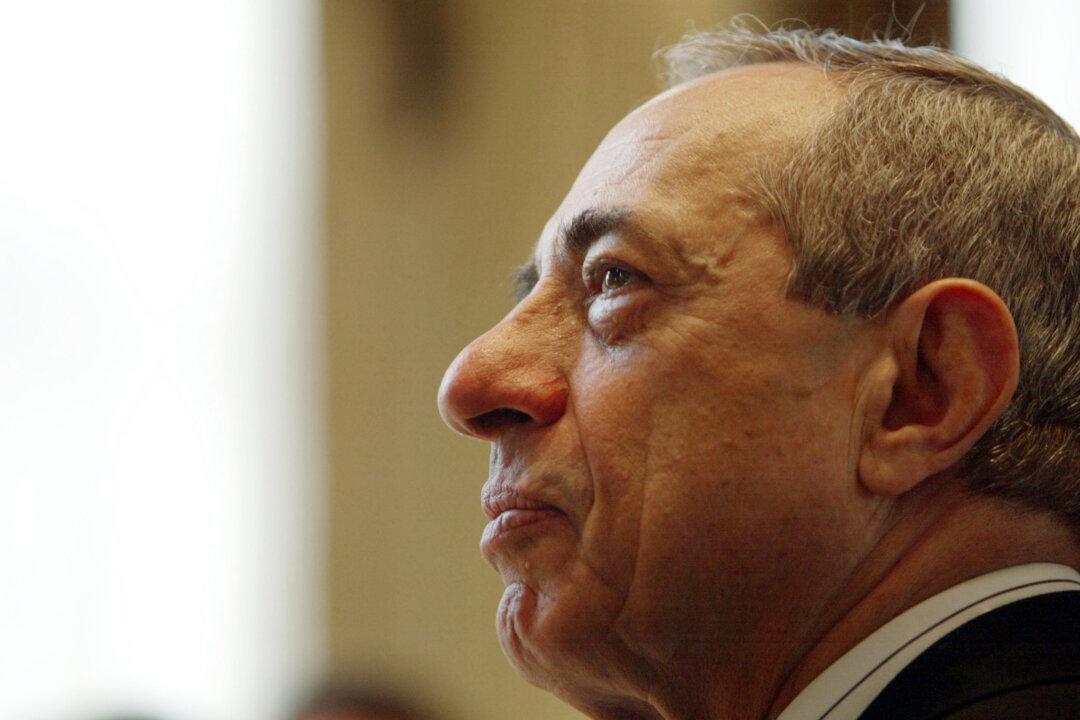NEW YORK—Mario Cuomo loved to tell the story of how his father, an immigrant from Italy, lost his business in the Wall Street Crash of 1929.
“A broker jumped out the window and landed on his push cart,” Cuomo explained.
A joke, of course. Cuomo had a cutting sense of humor. He and I were members of the same club; he would tell my wife every time he saw her, “Ugly men married to beautiful women.”
Cuomo was an old-fashioned guy, revealing little directly. But his push cart joke went to the heart of who he was both personally and politically.
His “Tale of Two Cities” keynote address at the 1984 Democratic National Convention about a nation divided between haves and have-nots was both a challenge to Ronald Reagan’s image of America as a “shining city on a hill” and a description of his own life.
Ever the outsider, he was a kid from Queens, where passengers on the subway were directed to Manhattan with signs that said “to the city.” That was his shining city — not on a hill but on an island towering toward the sky when viewed from the boroughs. He opened a law firm on Court Street across the river in Brooklyn looking from the outside in at those skyscrapers where the white-shoe Manhattan law firms operated.
